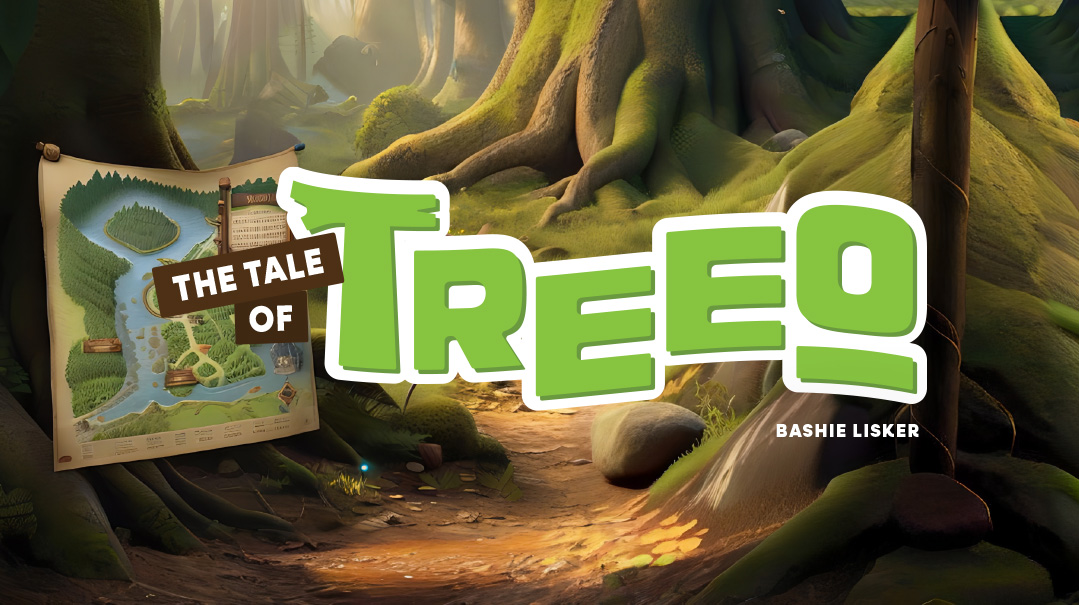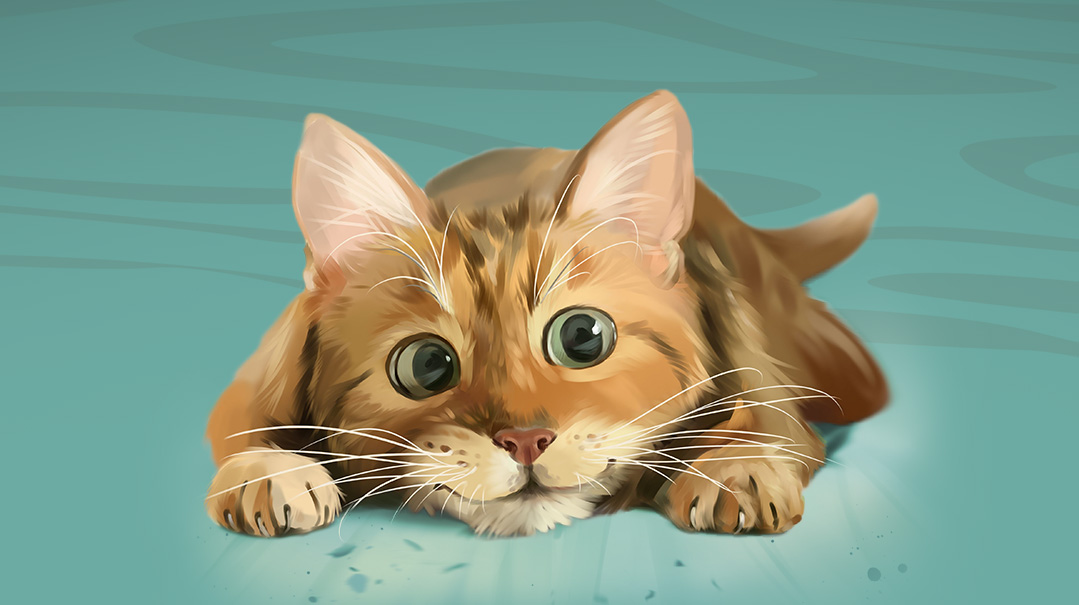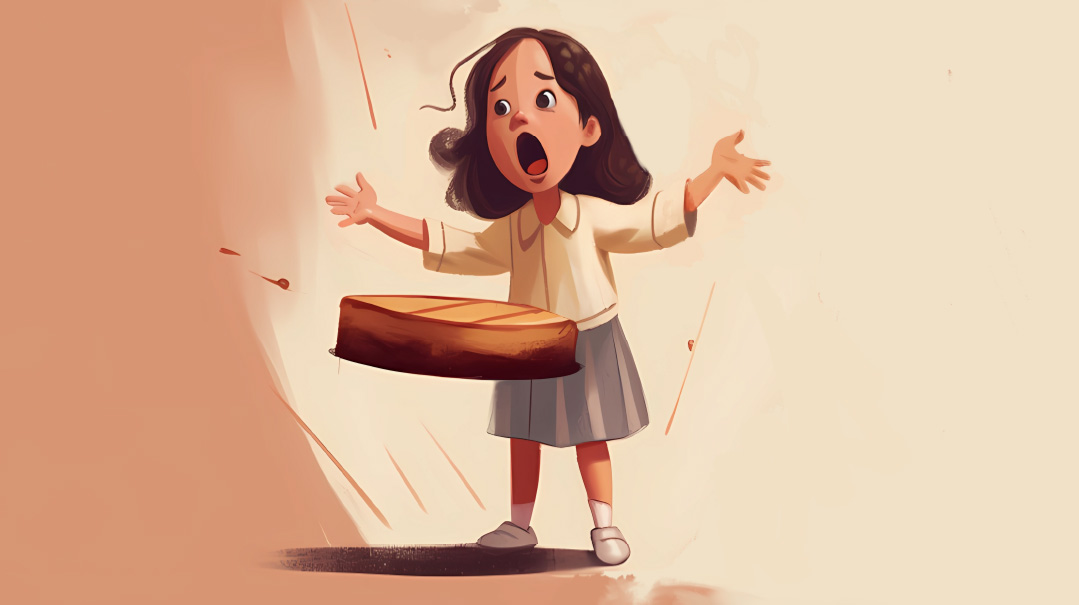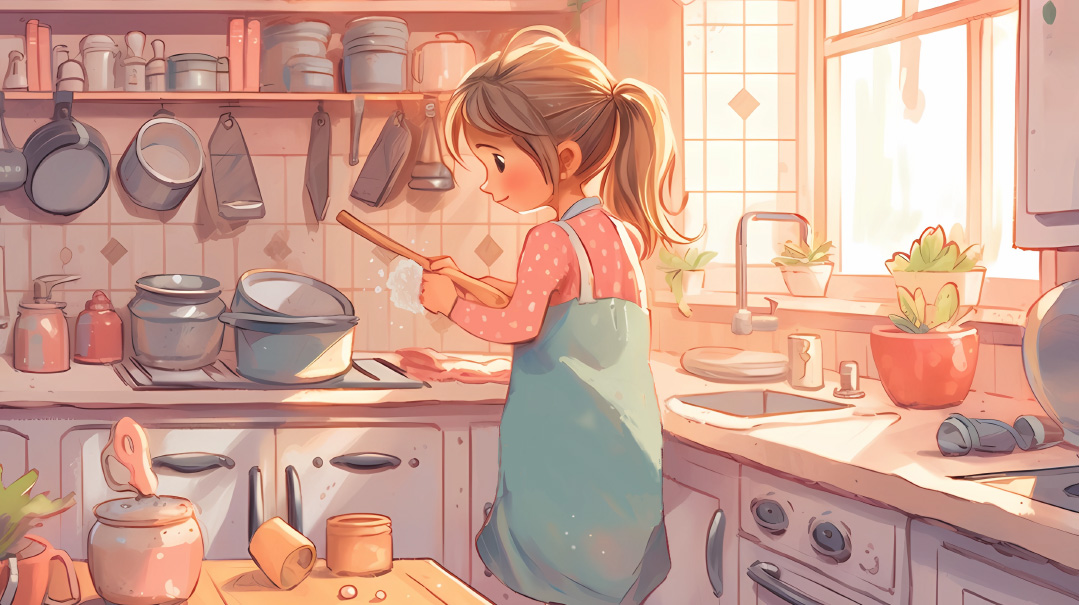The Storytellers: Part 6

Smadar looks at Margalit. “What should I write? The Jewish story? The history of the Jews?”

“Let’s make a list of what we know,” Smadar finally says.
“You love lists, that’s so you.” Margalit chuckles, then bites her lower lip when she sees a strange expression cross her cousin’s face.
“So me? What does that mean? I barely know what’s me, how can you possibly know?”
Margalit holds Smadar’s gaze. “Because.”
“Because? Just because?” Smadar’s voice seems to rise an octave from one word to the next.
“You’re a list maker. Lists are wonderful. They mean you’re organized, thoughtful, careful, precise, analytical.”
“Huh.” Smadar seems to deflate a little, the puff going out of her angry balloon. “Okay.”
Without another word, Margalit passes her cousin a notebook and a pen, and Smadar begins to write.
The Box: What We Know
Abuelita wanted us to have this.
She arranged that we’d open it together.
Every object tells a story.
So far, each story has had something to do with the Jewish—
Smadar looks at Margalit. “What should I write? The Jewish story? The history of the Jews?”
“The Jewish experience,” Margalit says.
Smadar nods her agreement, jots it down. Then she asks, “Do you think that each time we pick up the object we’ll ‘hear’ its story again? Or do you think there’s a limited number of times we can ‘hear’ each one? Do you think it matters who picks it up? Can only we ‘hear’ the stories, or can anyone hear them? If I pick up an object and ‘hear’ a story, will you ‘hear’ the same one from the same object?”
“Oooooh, good questions!” Margalit enthuses. “You see, you are organized, thoughtful, and analytical!”
Smadar blushes a little at her cousin’s compliments, but it’s clear she’s pleased. She rushes to jot her questions in the notebook. And then the two girls get to work, running experiments on the objects in the box and writing down the story that accompanies each one.
Thimble
“The funniest thing happened today,” said Matloub to his wife.
“What?” she asked, eyes shining, ready for a good laugh.
“In the k’nees [beit knesset] where I went to pray, everyone spoke only Yiddish, as usual.”
She waits. This part isn’t funny.
“So, someone spoke to me in Yiddish and when I couldn’t answer him, he said that I must not be Jewish because if I were Jewish, I would speak Yiddish.” Matloub’s laugh is a rumbling chuckle.
But his wife doesn’t see the humor in the incident.
“Aw, Geraz, but you do not laugh!” Matloub said, concerned. “We must laugh at these things, it’s the only way.” He picked up his thimble, an essential tool of his trade. “Just as this thimble protects from the pricks of pins and needles, so humor protects the heart.”
Geraz tried to smile, she really did. But there were so few of them, so few Syrians on the Lower East Side in the tenements. Would they ever be able to build and succeed on these shores?
Matloub kept up his work as a tailor until he saved enough to open a shop. Then he bought a home in the Bronx and later in Bensonhurst. Many years later, when people would visit his fancy high-rise office, they would occasionally ask about the thimble he kept displayed on his desk. “Humble origins, humor in the heart,” he would remark.
Before they can blink, the shivah is over. It has been a week that was long and short at the same time. “You know,” Smadar says to Margalit, “I learned something interesting this week. The past is never the same for two people. Everyone looks back through their own eyes, which have seen so many different things. That’s why we heard so many different versions of the stories about Abuelita. That’s why we were constantly surprised.”
Margalit can’t help but stare at her cousin. “Smadar!” she exclaims. “That was really deep!”
Smadar blushes again. Something has shifted in her this week. She can’t put her finger on what, but something is changing.
“What’s the difference between a meteor and a meteorite?” Margalit asks. There is no obvious connection to what they’ve been talking about. Smadar is surprised to realize her cousin and her sometimes-so-randomness no longer seem so bizarre. In fact, she thinks her cousin is pretty deep herself.
“I don’t know,” Smadar responds, smiling. “Is there a punchline or is this a real question?”
Margalit shakes her head. “They start out as the same piece of space rock,” she says. “But the meteor burns up and becomes a shooting star. The meteorite makes it through Earth’s atmosphere, survives the journey, touches Earth.”
“Okaaay,” Smadar says.
Margalit just looks at her.
“So, where are you going with this?” Smadar finally asks.
“We can’t let these stories become meteors, as much as I like shooting stars. We have to figure out how to make them into meteorites.” Margalit looks at her cousin, waiting for her to absorb her words. “We must find a way to share her stories with others, to let them touch people. It’s also… it’s also…” Her voice wobbles. “It’s a way of keeping Abuelita with us on Earth, too.”
The gears and dials are already turning in Smadar’s head. “I think there’s even more to it than that,” she says. “I think that the box and its stories are supposed to affect us, too.”
The girls sit with the box one last time before Smadar leaves with her family.
“I’ll leave it here with you,” Smadar says. “You’re the natural storyteller.”
“No,” Margalit says, pushing the box toward her cousin. “This box has proven that we each have a storyteller inside of us. Besides, Abuelita gave you the box. You should take it home.”
“It’s not right,” Smadar says, pushing the box toward Margalit. “The box is worthless without your key. And you’ve told just as many stories from it as I have.”
They go round and round. Finally, they reach an agreement.
Smadar will take the box — and the key. When one of their parents visits the other, the box and the key will be exchanged. They will pass it back and forth, back and forth, for as long as it takes them to figure out what they’re ultimately going to do with the real gift: the stories inside.
Smadar’s parents are already calling her, telling her to finish her goodbyes, to come out to the driveway, when Margalit looks in the box one last time.
“Wait!” she says before Smadar can snap it closed, pointing.
Smadar leans in, looks.
They either missed it until now or it just appeared, but there’s one last object there, something they hadn’t seen before.
“You know what that means,” Margalit says.
Smadar nods. “One last story to be told….”
to be continued…
(Originally featured in Mishpacha Jr., Issue 944)
Oops! We could not locate your form.







